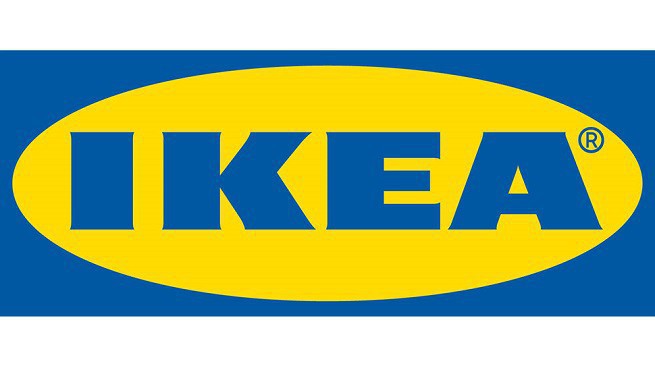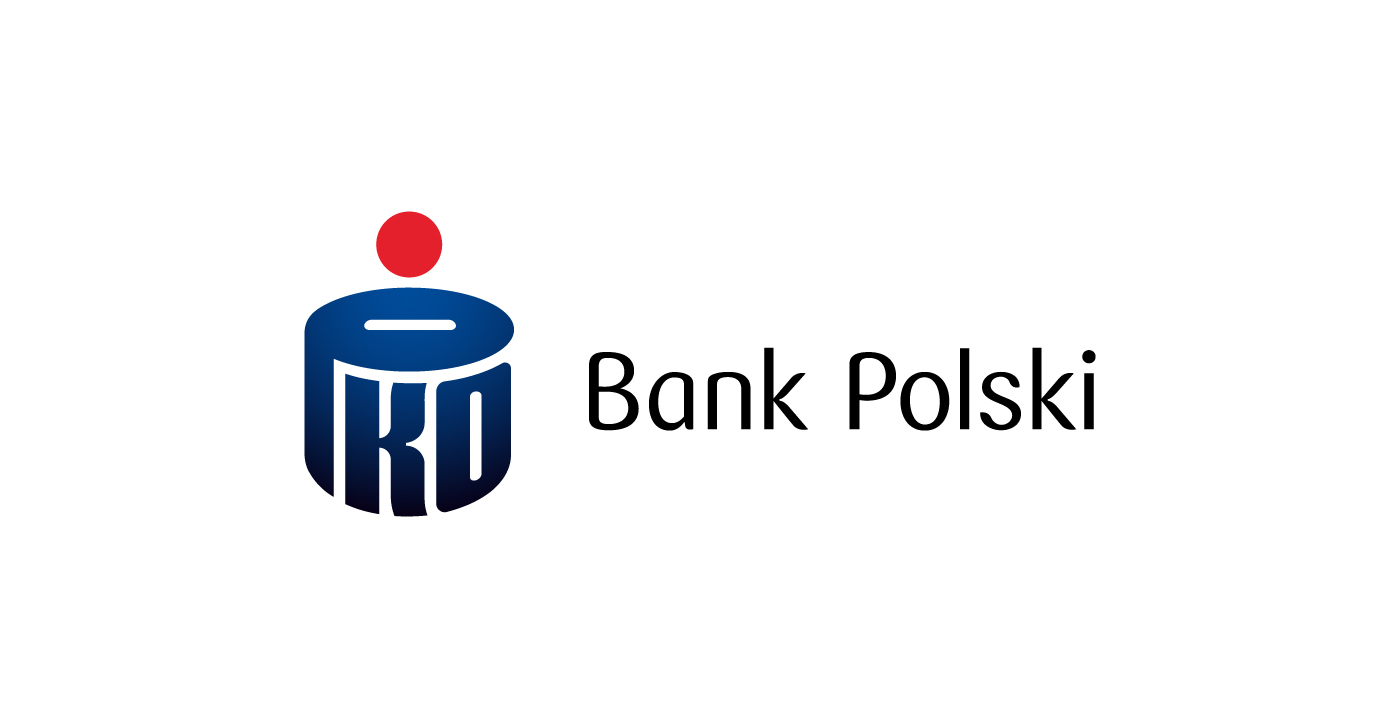Consumer prices declined in Poland in July and are expected to fall further, prompting fears of another economic slowdown. After months of very low inflation figures, Poland’s Central Statistical Office (GUS) recorded deflation for the first time since 1971.
In July consumer prices fell by 0.2 percent compared to July 2013. They were also 0.2 percent lower than in June this year.
Clothing and footwear prices declined by 4.9 percent, prices in education fell by 6 percent and prices of food and beverages fell by 1.7 percent. Price growth was recorded in telecommunications (by 2.6 percent) and in entertainment and recreation (by 1.3 percent), GUS said.
Economists agree that for the statistical Pole, deflation is favourable in the short term, as it simply means that goods and services are cheaper. However, as Roman Przasnyski from Open Finance explains, it is less so for those who have loans to pay. In nominal terms their debt does not change, but in real terms it is higher. Especially so if they used the credit to buy goods that have become cheaper.
Michał Burek, economist at Raiffeisen Bank, adds that in the long term, deflation could contribute to slower economic growth. This, of course, would also affect the life of the average Pole.
BZ WBK’s Agnieszka Decewicz meanwhile stresses that prices may continue to decline in the coming months, mostly in the food and beverages sector. In her opinion Russia’s embargo for Polish agricultural produce will be one of the factors contributing to further deflation.
Source: www.thenews.pl
















